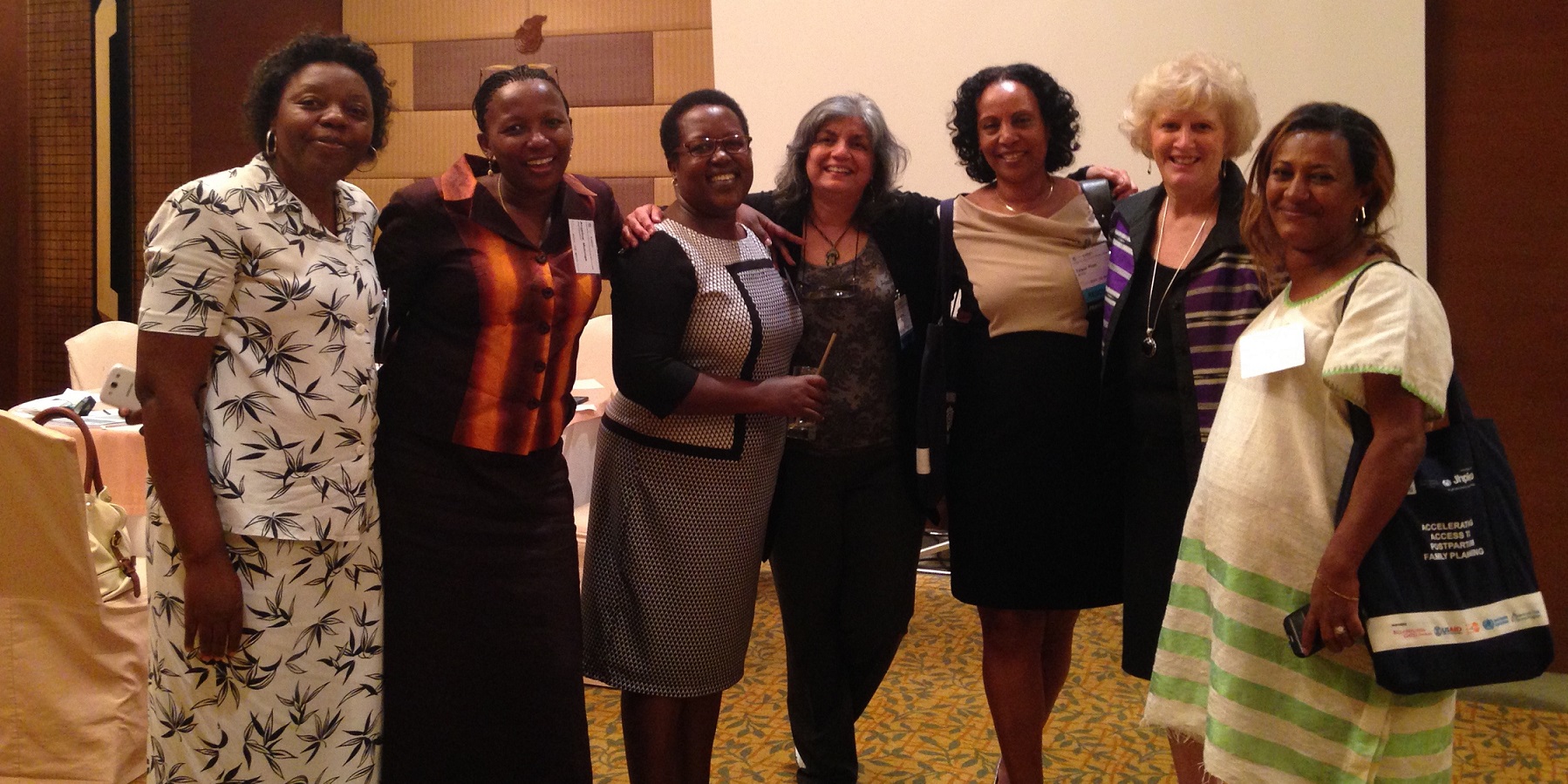The question was clear: Are you a positive disrupter? The response from the 170 participants was a resounding, “Yes!”
The roar came from participants at the Accelerating Access to PPFP Global Meeting in Chaing Mai, Thailand. Convened by FP2020 in technical partnership with Jhpiego, the five-day June conference was the first step of many in ensuring that PPFP is recognized by all countries as a necessary piece of the part of helping families thrive. Throughout the event, discussions stressed the inclusion of populations that are often overlooked, such as high parity women and adolescent mothers.
Delegations from 16 countries were in attendance, all rolling up their sleeves and developing innovative action plans. In the next year, more than 62 million children will be born in their collective countries and, as Monica Kerrigan from FP2020 highlighted, that amounts to 62 million opportunities to discuss PPFP.
We know that each time a woman gives birth and is not counseled on PPFP it is a missed opportunity. To avoid this, we must think outside the “family planning box” and develop innovative solutions.
In Afghanistan, a national assessment of health provider skills in postabortion care now includes contraception among lifesaving services as a priority going forward. And in Kenya and Burkina Faso, PPFP is being incorporated into the pre-service education of health professionals. India has already scaled up postpartum IUD services to a large number of institutions offering skilled delivery care, and has designed innovative systems to track pregnant women and infants to capture and fill gaps in comprehensive care.
All countries in attendance had a series of existing initiatives to build upon. In Zambia, for instance, a large portion of women are using the Lactational Amenhorrea Method (LAM) of family planning; however, it is not captured in the Demographic and Health Survey. The team is now working to ensure that LAM is effectively and accurately measured.
On our final day, participants danced their way out of the meeting room and into a world of business, armed with action plans to implement their new ideas and programs back home. However, this is only the first step! In October, we will meet at the Global Maternal and Newborn Health Conference in Mexico City. The following month, we will convene again at the International Conference on Family Planning in Bali.
Join with us in becoming a positive disrupter to create #ActionPPFP!

